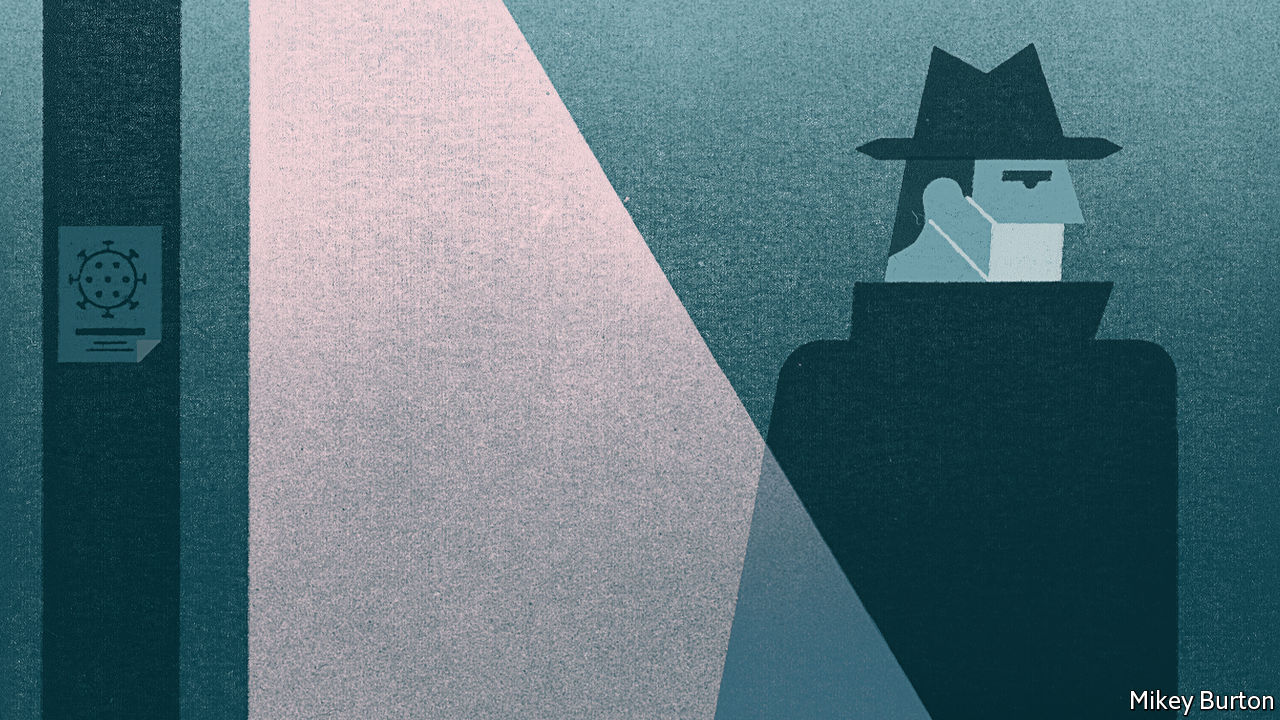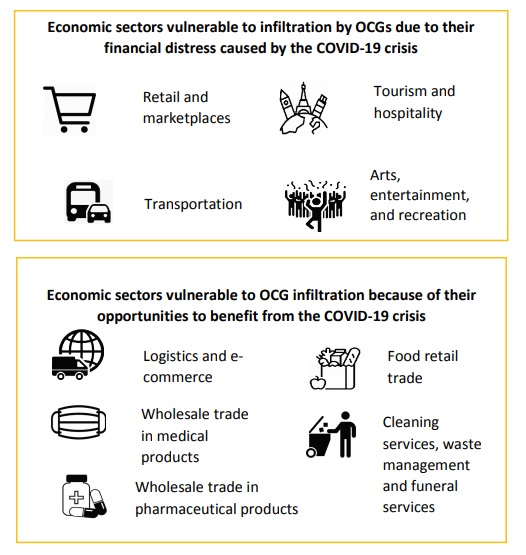The first outbreak of the coronavirus was identified around December 2019 in Wuhan, China. The virus has been spreading globally at a rapid rate ever since then causing the WHO to declare the virus outbreak as a public health emergency of international concern on 30 January, and a pandemic on the 11 March. This resulted in many countries’ governments issuing total lockdowns, restricting movements, and temporary ‘closure’ of non-essential businesses in order to curb or halt the outbreak.
The impact of these lockdown measures on the spread of the virus is certainly debatable(WHO spoke against the lockdown but many countries are pointing its positive impact), however, its impact on the economies is not. The temporary closure of businesses as mentioned earlier resulted in them not generating revenue for the long term. Lack of initiatives by governments worldwide to support these businesses or the business owners’ lack of access to enough public funds could put them at the risk of, if not permanently shutting down.
The lockdown didn’t just impact the legitimate businesses contributing to our economies, the subsequent rules restricting citizens’ movements, also caused the illicit activities and services such as smuggling, trading of illegal narcotics & firearms, etc. to suffer a lot too. These are traditional methods by which organized crime groups(OCGs) earn their profits and there is a ‘danger’ of them moving into the licit businesses during the pandemic.
OCG’s have a history of trying to profit during natural disasters. They try to exploit the aid measures given by the government and international organizations and try to exert their influence over the affected.
A few examples are –
- A 7.8 magnitude earthquake followed by a tsunami hit New Zealand in 2016 causing damage of USD 4.17 Billion. A state of emergency was declared as the govt. pointed out that humanitarian aid was not reaching the affected people(New Zealand ranks 2nd in corruptions perception index)
- A 7.0 magnitude earthquake hit Haiti in 2010 killing almost 250,000 people and rendering a million homeless. In the wake of the earthquake, local gangs partnered up with local and national social networks to apply for and exploit reconstruction funding provided by the relevant authorities.
- A 6.5 magnitude earthquake hit Italy in 2016. The Italian authorities warned of the risk of local criminal organizations profiting from funding allocated for reconstruction for areas affected.
The current pandemic is nothing short of an ongoing disaster. As mentioned earlier, the lack of access to enough public finds could probably result in several business owners to acquire funding through illicit means. This could prove out to be disastrous as once the pandemic ends, we could see these OCGs exerting partial or direct control over several legitimate economic activities and services. The ‘non-essential’ businesses are at risk of suffering the most from these groups due to the lockdown measures imposed.
In order to combat them, governments need to ensure proper funding is provided to small business owners allowing them to stay afloat and out from the OCGs influence. The lockdown measures undertaken are decisions taken to prevent the spread of the virus. The negative GDP growth of several developing and developed nations too puts many businesses at further risk of coming under the influence of these groups.
Lockdown measures were short term decisions taken to curb the spread of the virus. If they are not managed effectively, they could prove to be long term disasters.







Howdy! I realize this is kind of off-topic but I had to ask.
Does building a well-established website like yours require a large amount of work?
I am completely new to blogging however I do write in my diary
everyday. I’d like to start a blog so I will be able to share my personal experience and views
online. Please let me know if you have any kind of suggestions or tips for new aspiring bloggers.
Thankyou!
3 Ways to decrease your Risk Factor
While many businesses throughout the world are experiencing some tough economic times, There looks like it’s at least one industry that is flourishing. in the last year over 500 million dollars was spent in on line dating. That number is expected to grow like wildfire in a few more years as is the number of internet dating sites which are becoming a lot more niche specific.
That in most cases is the future of online dating. Smaller services will be just as prosperous as some of modern day online mega companies without feeling the need or pressure of having to compete against these places. What of course will be beneficial to many of these firms large or small is the advancement in technology. online dating is bound to get more interactive. likely it will grow from the instant chats and webcams to pert near feeling like your cyber date is sitting in the same room with you.
But with forceful growth, It becomes increasingly more crucial to protect yourself in the cyber dating world. Not just fly by night companies that spring up, Guarantee results and then disappear with your money but also those individuals who are not interested in anything except what they can get regardless of how it impacts anyone else.
Therefore exercise proper precaution in regards:
1. Choosing Your uniform dating Service
should go without saying right? Except that many of us get caught up in the companies dazzling sales pitch without having done any any real homework. The best way to check out an internet dating service is to ask productive used it. Hopefully that person is a friend or acquaintance and trust. if you cannot find anyone in your immediate circle, Than go to several forums and see what’s cooking. People have no a reservation about sharing their on line dating experience whether good, Bad or unsociable. See if anyone is talking about a site you wish to join or get in and start asking questions.
2. likes and dislikes
All on line internet dating sites have them (Or will need to) But so few of us actually read them. The print may look boring and too small but having a clear understanding of what the company is offering can save you distress and headaches. You could wind up having a bad experience with an on line dating service because you believed something that was not spelled out in the fine print. Whatever dating site want to joining take the extra steps to see EXACTLY what they are offering and the parameters that go with it.
3. Avoid straying off
you have done your homework and signed on to a dating site. You wind up finding a partner and the two of you really start having some great chats. Now suddenly your lover has a “spectacular” choice. Why not drop the dating service contact system and start communicating more directly using your primary email address contact information? Not better. This is among the many ways scammers work. The whole point is to move you to a place where their activities cannot really be What to Expect When Marrying a Filipina monitored. Then they lay it on thick thinking about playing with your emotions as a way to manipulate you. Stay within the dating services structure and report anything suspicious.
Not only is on line dating becoming mainstream but it is also entering into territory that is more interactive and niche specific. There are a lot of opportunities to benefit from but the more on line dating grows the more important it is to take action and ensure your dating experience becomes less risky.